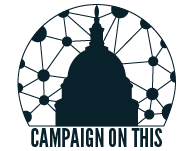In America the right to vote is an action of democracy as much as it is a symbol freedom. One vote for one citizen is not just a rule but an expression of voice. But the thought of the public’s voice being muted and those in power able to control the results is downright scary. Voter fraud has grown from a small threat to a growing fear of silencing the public’s voice. It has been increasingly highlighted by the media and debated among the political parties.
Donald Trump has been outspoken about voter fraud during his campaign saying “Look, you’ve got to have real security with the voting system,…This voting system is out of control. You have people, in my opinion, that are voting many, many times. They don’t want security, they don’t want cards.” Many Americans feel that stricter voter laws and requiring proof through identification will combat voter fraud, but that may do more harm than good.
A total of 33 states have Voter Identification Laws voter identification requirements active for the 2016 election. 17 states require voters to have a photo ID, while 16 states require voters to have at least one form of non-photo ID. What qualifies as non-photo ID depends on the state’s voting laws. In many cases if the person does not have a photo ID they can vote using a provisional ballot and are given a specified amount of time to return with proper documentation. If that person does not return or cannot produce the required documentation that vote is thrown out and never recorded.
Texas, known as the state with the strictest of voting laws, only allows certain types of photo ID’s such as U.S. military ID, or a U.S. passport but not a driver’s license. While this level of strictness does thoroughly weed out non-citizens attempting to vote it also turns away US citizens who cannot provide the documents needed for election ID. Mainly the minorities, the poor and the elderly. The effort to regulate voter registration has created a new problem. Voter suppression.
Having need of an ID and other information can be a problem for those who do not have accurate information regarding their birth. Many people can have a hard time getting an ID specifically those born in their homes rather than a hospital. These individuals as well as those who have their names misspelled on their birth certificates will not have the proper documentation needed to receive an ID. 11% of Americans do not have a government issued ID, which in some states would be enough to suspend their right to vote. The effect, A Caltech/MIT survey estimated in that in 2008, anywhere from 910,000 to 3 Million votes weren’t cast because of registration problems.
The Brennan Center of Justice at The New York University School of law Study by Jon Levitt entitled The Truth About Voter Fraud analyzed different cases of what was believed to be voter fraud throughout politics. Cases regarding double voting, dead voting, non-citizen voting and registration fraud are all thoroughly researched and explained to be more of myth then a problem. The paper explains that voter fraud is sometimes a scapegoat used by losing politicians.
Cases in Missouri, New Jersey and Wisconsin were examined due to their reputation of being voter fraud “hotspots”. Missouri in 2005 had 4 cases of double votes amounting for a rate of 0.0003%. New Jersey had 8 voters who voted twice, that resulted in a rate of 0.0004%. Wisconsin had seven cases of felonies voting, this resulted in a rare 0.0002%. Each case stated that “None of these problems could have been resolved by requiring photo ID at the polls.”
While there is little evidence of voter fraud occurring in politics there have been some instances of people trying to coax the public in negative ways and aggressive ways. In 2010 during the election for Governor approximately 112K voters in Maryland were contacted via telephone from an automated message claiming that Martin O’Malley had won. The message continued by saying “Our goals have been met..We’re okay. Relax. Everything’s fine. The only thing left is to watch it on TV tonight.” This would later be classified as a deceitful strategy to try to impact the election. More recently in 2012 it was reported that two member of the New Black Panther Party intimidated white voters in Philadelphia not too vote. The Obama administration sought legal action against the party but ultimately dropped the charges.
Even though there is a lack of substantial evidence voter fraud actually exists, there is still a national concern regarding its threat. Both political parties have been active in the debate for voter registration laws. Historically Republicans have taken the stance for more restrictions while the Democrats have taken the opposite side for less restrictions. Some have theorized that because minorities and those who have less income would agree more with democratic beliefs such as tax cuts, higher minimum wages, more affordable healthcare it is in the best interest of Republican Party to vie for stricter voter laws.
In the study Voter Identification Laws and the Suppression of Minority Votes it’s recorded that when strict photo ID laws were in place minority Republican turnout dropped only 3.5% opposed as opposed to the 8.8% drop minority turnout from the Democrats. There is a little data to support this thoughts even if it does sound more like a conspiracy theory.
The thought of Americans voice being ignored by elected officials is a dark one. But with little evidence supporting the existence of voter fraud, this topic may just have become a debate of myth. Voter registration laws were created and enforced to make sure the only the citizens could participate, but data says that it is doing the opposite. If voter registration laws are taking away a citizen’s right to vote, is it hurting more than its helping?



